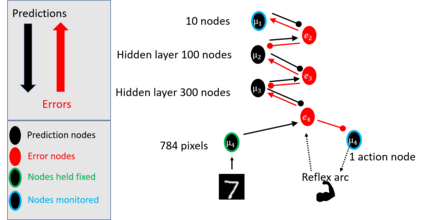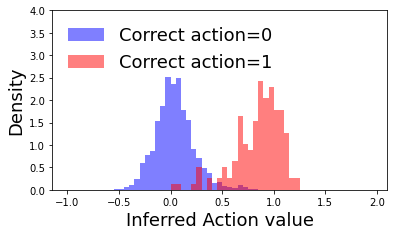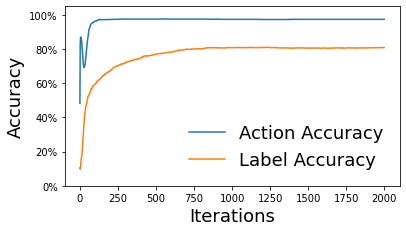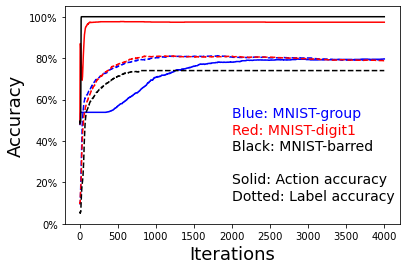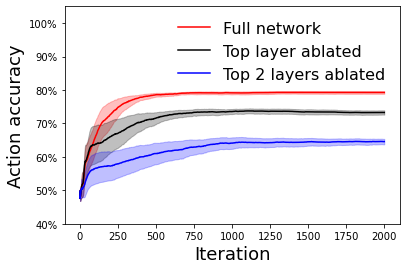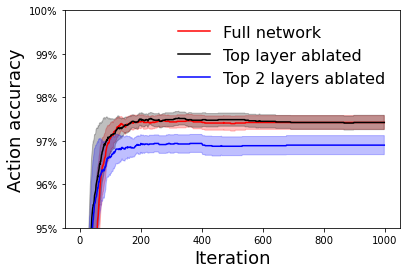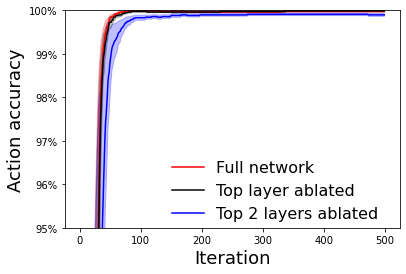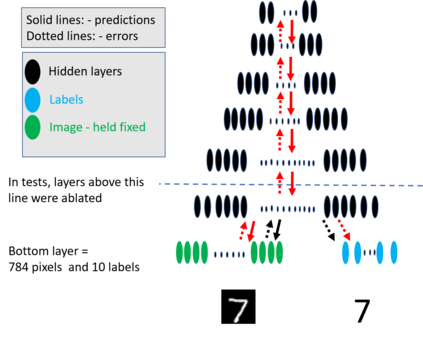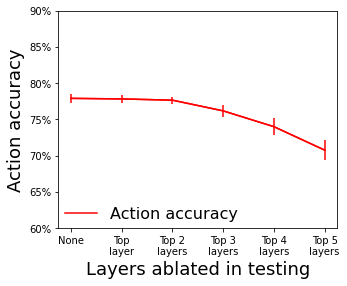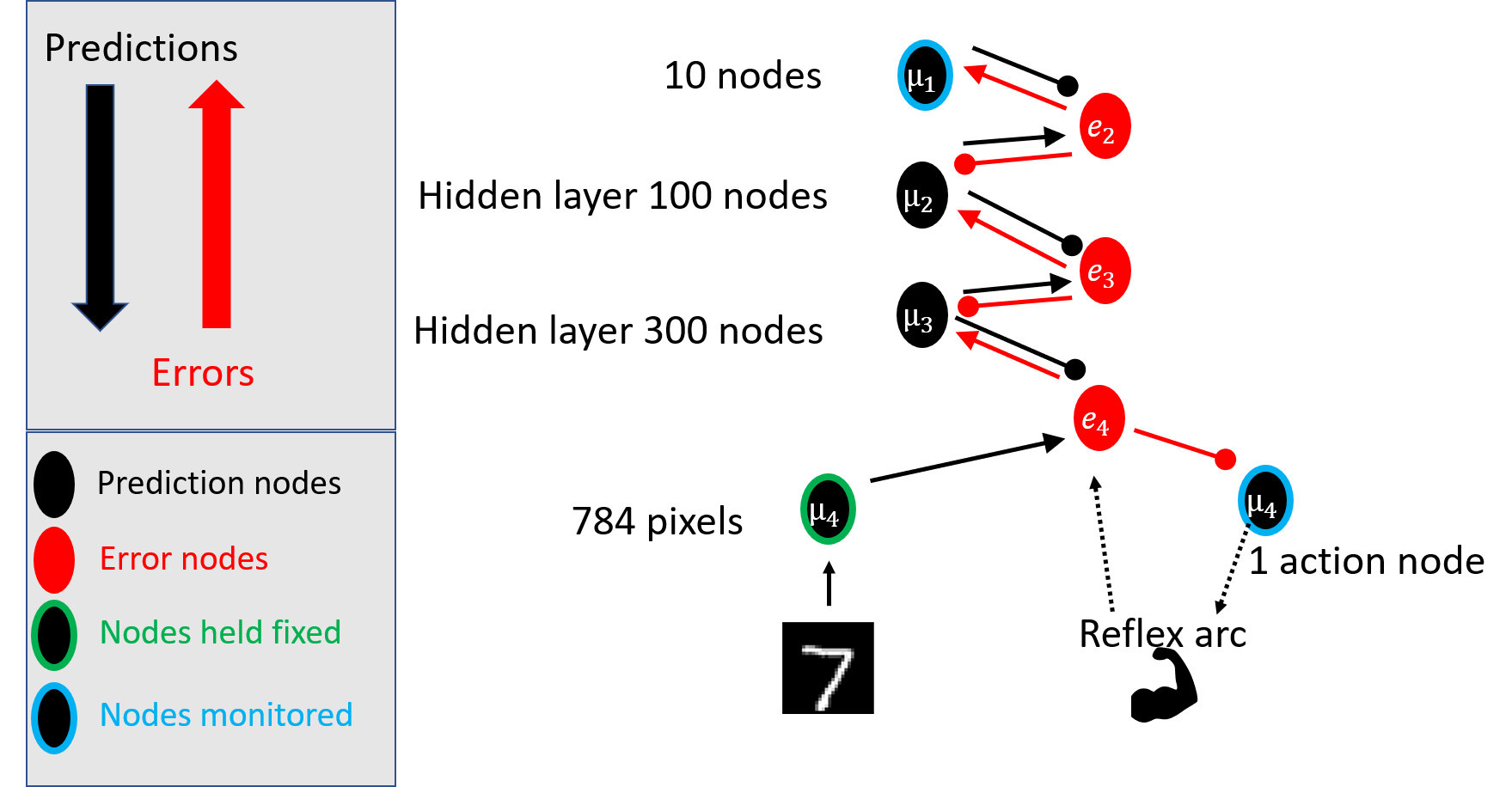In cognitive science, behaviour is often separated into two types. Reflexive control is habitual and immediate, whereas reflective is deliberative and time consuming. We examine the argument that Hierarchical Predictive Coding (HPC) can explain both types of behaviour as a continuum operating across a multi-layered network, removing the need for separate circuits in the brain. On this view, "fast" actions may be triggered using only the lower layers of the HPC schema, whereas more deliberative actions need higher layers. We demonstrate that HPC can distribute learning throughout its hierarchy, with higher layers called into use only as required.
翻译:在认知科学中,行为往往分为两种类型。 弹性控制是习惯和即时的,反射是思考和耗时的。 我们研究了这样的论点,即等级性预测编码(HPC)可以将这两种类型的行为解释为横跨多层网络的连续操作,从而消除大脑中分离电路的需要。 从这一观点看,“快速”行动可能只使用HPC的下层,而更多的议事行动则需要更高的层。 我们证明HPC可以在其整个层次上分配学习,而更高的层仅按需要使用。

